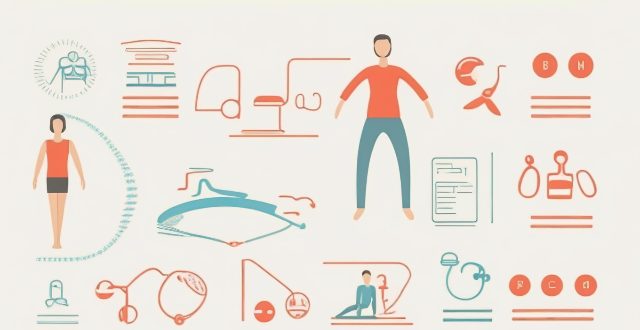Exercise has been shown to reduce anxiety and depression symptoms, with moderate-intensity aerobic exercise for at least 150 minutes per week being effective. However, individual factors such as age, gender, health condition, and lifestyle can affect the amount of exercise needed. It is important to choose enjoyable and sustainable activities for long-term use, and seek professional help if struggling with mental health issues.

How much exercise is needed to reduce anxiety and depression symptoms?
Exercise has been shown to be an effective way to reduce anxiety and depression symptoms. However, the amount of exercise needed to achieve this effect varies depending on individual factors such as age, gender, health condition, and lifestyle.
According to a study published in the journal BMC Psychiatry, adults who engaged in moderate-intensity aerobic exercise for at least 150 minutes per week had lower levels of anxiety and depression symptoms compared to those who did not exercise regularly. Similarly, a review article published in the Journal of Affective Disorders found that regular physical activity was associated with reduced symptoms of depression and anxiety in patients with chronic medical conditions such as heart disease or diabetes.
However, it is important to note that the effects of exercise on mental health may vary depending on individual factors. For example, people who are overweight or have low self-esteem may find it more difficult to engage in physical activity due to social pressure or negative body image. In addition, some individuals may experience side effects such as fatigue or soreness after exercising, which can further discourage them from continuing their routine.
Overall, while there is no specific amount of exercise required to reduce anxiety and depression symptoms, experts recommend that adults engage in at least 150 minutes of moderate-intensity aerobic exercise per week to maintain good mental health. It is also important to choose activities that are enjoyable and sustainable for long-term use. If you are struggling with mental health issues, it is recommended that you seek professional help from a doctor or therapist who can provide guidance and support along the way.